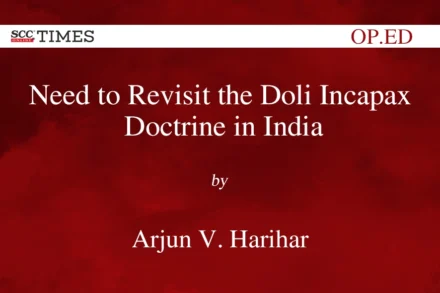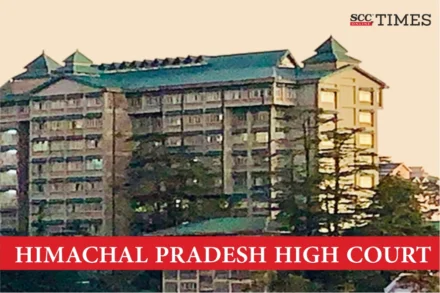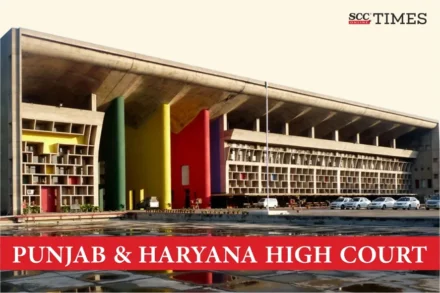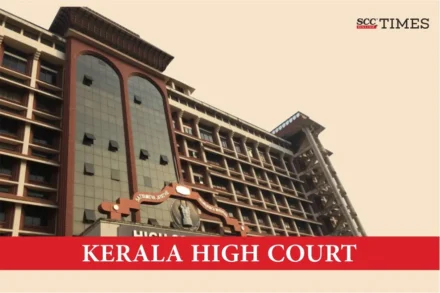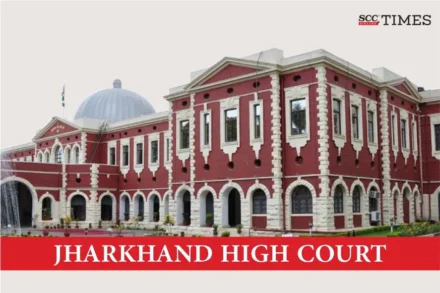
‘Contradictory versions and sketchy evidence’; Jharkhand HC sets aside conviction and death sentence of a man convicted for murder of his pregnant wife and 15-months-old child
The prosecution case has crumbled like a house of cards. Neither the circumstances have been proved which can lead to a conclusion that the accused was complicit in offence, nor any consistent prosecution version has come which can be relied upon.


